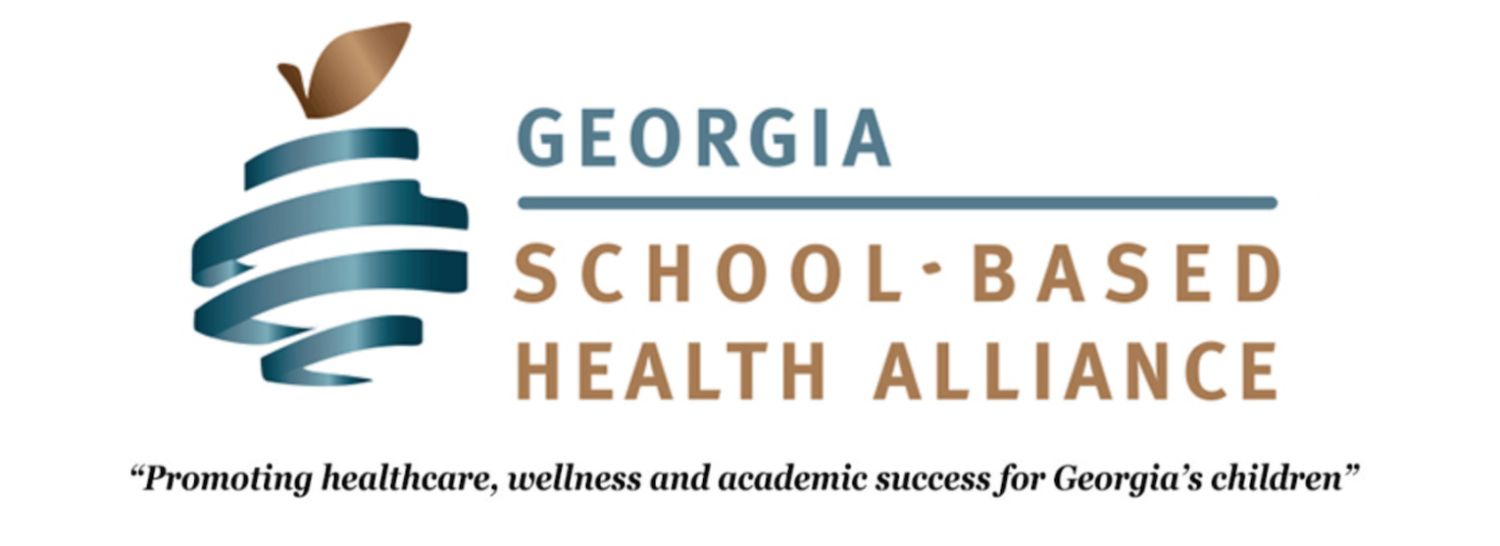Our History
In 1994, Emory University received a grant from the Health Resources and Services Administration Bureau of Primary Health Care (Healthy Schools, Healthy Communities) for the purpose of opening a comprehensive school-based health center at Whitefoord Elementary School in southeast Atlanta, Georgia. The goal was to see students enrolled in the elementary school, in addition to neighborhood pre-school children. The initial funding included the following staffing model: a nurse/clinical manager; a mid-level provider (nurse practitioner/physician’s assistant); a part-time pediatrician; a social worker; a health educator; and a clerical specialist. Over time, dental services (dentist and dental hygienist), and an LPN. In 1998, funding was received to open Coan Middle School-Based Health Center. Until 2013, these were the only two SBHCs in Georgia. In 2009, the Department of Pediatrics at Emory University received an award from the Zeist Foundation for the purpose of taking SBHCs to scale throughout the state of Georgia. This award let to the creation of the Urban Health Program later renamed PARTNERS for Equity in Child and Adolescent Health whose mission is to advance health equity through increasing access and improving the delivery of health care for children and adolescents living in under resourced communities. PARTNERS main objectives includes:
Expanding SBHCs in Georgia
Creating a family centered model for comprehensive primary care services for at risk children
Developing creative programs that link healthcare, education and community services
Training future pediatricians to provide medical care that addresses the social determinants of health
Taking SBHCs to scale requires four components:
Community buy-in and support
Creating a sustainable model
Demonstrating outcomes
Implementation fidelity
In 2009, PARTNERS provided 12 month planning grants throughout the state to develop community buy-in and support. To date 48 grants, representing 52 counties have been awarded. As a result, over 90+ SBHCs have been created throughout Georgia. Unique to Georgia the vast majority of these centers are located in rural communities. Click here for the names, locations, and contact information of Georgia SBHCs supported through PARTNERS.

